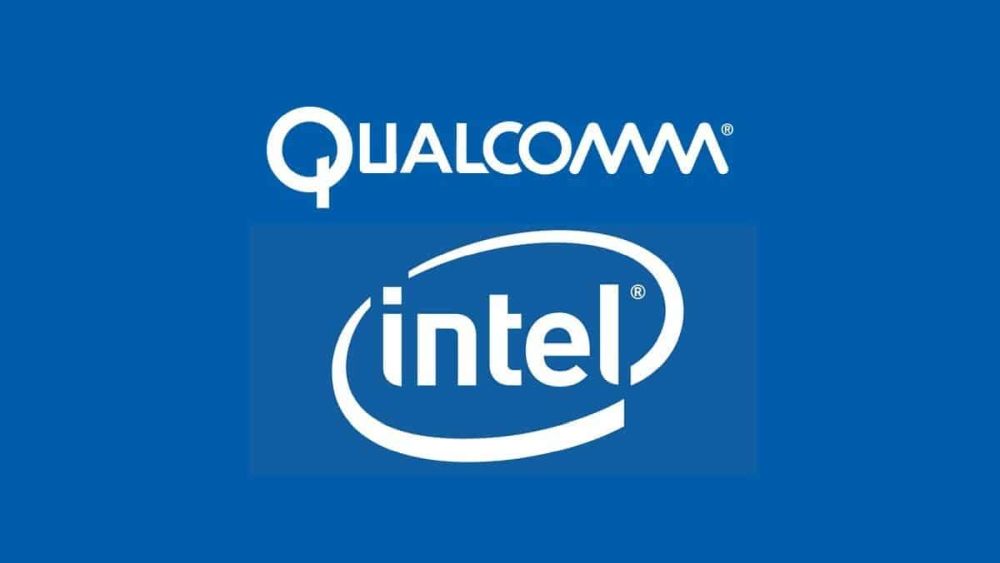The semiconductor industry is abuzz with rumors surrounding Qualcomm’s potential acquisition of Intel. Qualcomm, already a leader in mobile technology, is eyeing this acquisition to boost its presence in the PC market. Leveraging its success with ARM-based Snapdragon X chips, Qualcomm could consolidate its position and reduce competition, especially as Intel faces financial setbacks and challenges in its PC processor business.

By acquiring Intel, Qualcomm would gain access to extensive chip design and manufacturing capabilities, enhancing its technological portfolio. The merger could also strengthen Qualcomm’s standing in emerging sectors like AI-integrated solutions for PCs. Intel’s recent struggles, including a $1.6 billion loss and job cuts, make it an appealing target for Qualcomm, particularly given its recent growth in the mobile and automotive sectors.

However, such a move faces significant hurdles. Regulatory scrutiny, especially regarding antitrust concerns, will be intense. The integration of Qualcomm’s fabless model with Intel’s manufacturing operations adds complexity, not to mention the financial challenge of acquiring Intel, which boasts a substantial market cap. Qualcomm may need to consider asset sales to streamline operations and appease regulators.

If the deal proceeds, it could transform the semiconductor landscape. Combining Qualcomm’s mobile tech expertise with Intel’s experience in PC and server chips might accelerate innovation in ARM-based computing and pose a challenge to Nvidia’s dominance in AI-focused chips. Still, the acquisition remains speculative as both companies have yet to officially confirm their intentions.

#Qualcomm #Intel #Semiconductor #TechIndustry #PCChips #ARMComputing #AIChips #TechAcquisition
